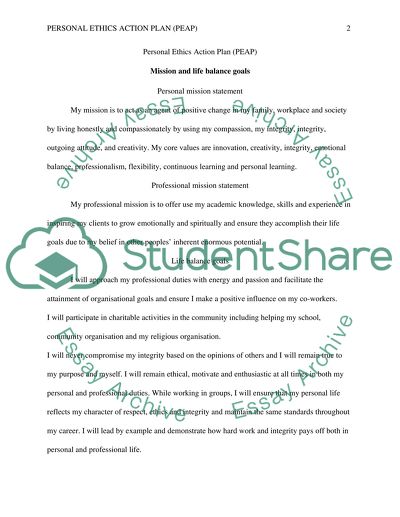Cite this document
(Personal Ethics - Mission and Life Balance Goals Case Study - 3, n.d.)
Personal Ethics - Mission and Life Balance Goals Case Study - 3. Retrieved from https://studentshare.org/psychology/1611288-personal-ethics-action-plan
Personal Ethics - Mission and Life Balance Goals Case Study - 3. Retrieved from https://studentshare.org/psychology/1611288-personal-ethics-action-plan
(Personal Ethics - Mission and Life Balance Goals Case Study - 3)
Personal Ethics - Mission and Life Balance Goals Case Study - 3. https://studentshare.org/psychology/1611288-personal-ethics-action-plan.
Personal Ethics - Mission and Life Balance Goals Case Study - 3. https://studentshare.org/psychology/1611288-personal-ethics-action-plan.
“Personal Ethics - Mission and Life Balance Goals Case Study - 3”, n.d. https://studentshare.org/psychology/1611288-personal-ethics-action-plan.


